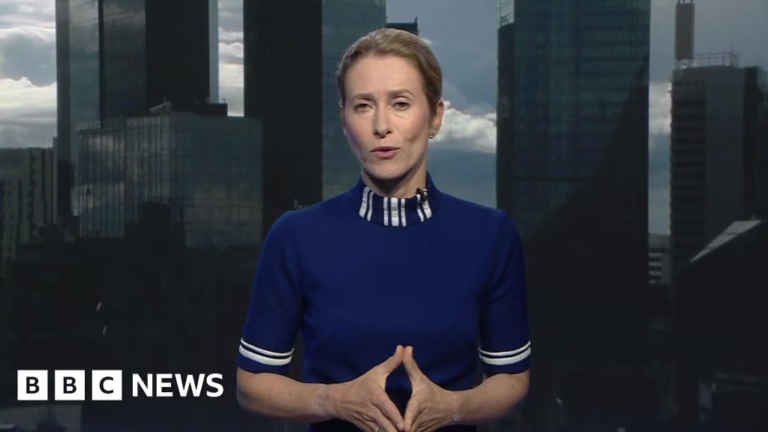The drastic decline in global stock markets shows no signs of slowing down following the US imposition of severe tariffs, leading many to wonder if this constitutes a stock market “crash” and its potential implications for investors. The term “crash” has been sparingly used over the years, typically reserved for a fall of more than 20% from a recent peak within a day or a couple of days. On October 19, 1987, known as Black Monday, the US stock market lost 23% of its value in a single day, along with significant declines in other stock markets worldwide. This event was undoubtedly a crash. In 1929, the US stock market plummeted by over 20% in two days and by 50% within three weeks, marking the infamous Wall Street Crash that preceded the Great Depression of the 1930s. In comparison, the US stock market has lost approximately 17% of its value since its peak in February and has fallen by 2% from this time last year. The UK FTSE index has also experienced a sharp decline, although not to the same extent, partly due to the earlier closing time compared to New York, resulting in a subsequent catch-up with the US market. These declines represent the largest and fastest depreciation observed in global markets since the COVID-19 panic in early 2020. A decline of 20% from a peak is considered a “bear market,” indicating a higher likelihood of market downturns rather than upswings. While many individuals directly own stocks, most people’s exposure to stock markets is through their pension plans, which come in two forms: defined benefit schemes guaranteeing a fixed pension income and defined contribution plans that fluctuate with financial markets. However, not all contributions are allocated to shares; a significant portion goes into safer investments such as government bonds, which tend to increase in value during stock market downturns. This has been evident in the current scenario, where government bonds have risen, potentially offsetting some or all of the decline in shares based on pension allocation. The closer one is to retirement, the higher percentage of their pension pot is invested in bonds, resulting in less exposure to market volatility. Despite these fluctuations, shares have historically proven to be a wise investment, making pension savings a long-term endeavor. The plummeting stock market reflects the belief that companies are likely to experience declining profits due to factors like increased prices, reduced demand, and decreased investment and job creation induced by President Trump’s tariffs. Consequently, the real concern lies not in the value of one’s pension but in the state of the economy as a whole. Such market declines frequently precede economic downturns, which should be of greater worry than the volatility experienced by pensions. Nevertheless, this is a significant moment for the global economy.
Source: https://www.bbc.com/news/articles/c77njdlvj66o







